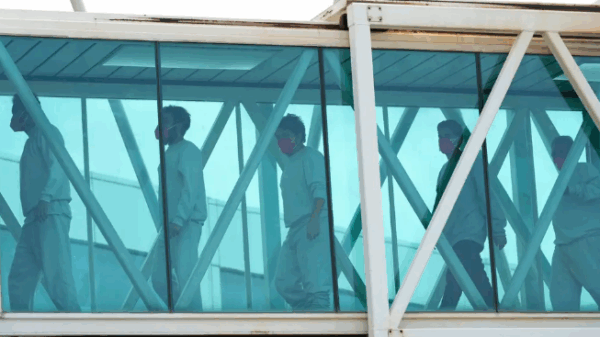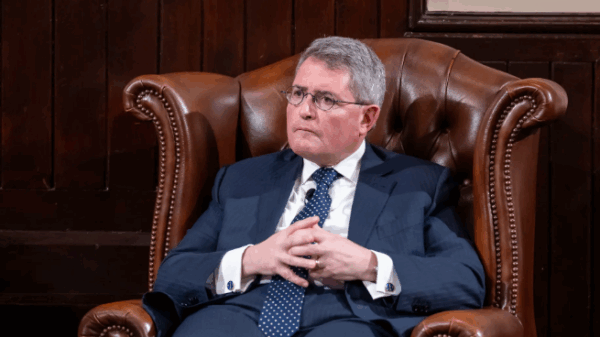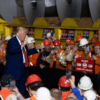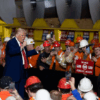Donald Trump was sworn in as the 47th President of the United States on Monday, January 20, marking his second term in office. Trump, who previously served as the 45th President from 2017 to 2021, becomes only the second U.S. President to serve two nonconsecutive terms.
The Inauguration ceremony, initially planned to be held outdoors at the U.S. Capitol, was moved indoors to the Capitol Rotunda due to forecasts of extreme cold in Washington, D.C. The Joint Congressional Committee on Inaugural Ceremonies issued over 220,000 tickets for the event, but the change in location reduced seating capacity.
Trump’s second swearing-in comes after a tumultuous transfer of power following the 2020 election. In 2021, Trump refused to concede defeat to Joe Biden, and a violent mob of his supporters stormed the U.S. Capitol on January 6. Trump himself broke tradition by skipping Biden’s Inauguration, but this time, the transition has been more peaceful, with both Biden and Vice President Kamala Harris in attendance.
In addition to the swearing-in, Inauguration Day included a series of ceremonies, performances, and events. Among those seated in the Capitol Rotunda were some of the most influential tech executives, including Jeff Bezos of Amazon, Elon Musk of Tesla, and Mark Zuckerberg of Facebook. Many of these CEOs have previously held meetings with Trump.
Despite the controversy surrounding his presidency, Trump’s Inauguration has drawn an array of global figures, such as Argentine President Javier Milei, Italian Prime Minister Giorgia Meloni, and former U.K. Prime Minister Boris Johnson. Conservative media figures, including Tucker Carlson and Laura Ingraham, also had prominent seats.
In an unexpected move, President Joe Biden issued pardons for several key figures on Inauguration Day. He granted clemency to Dr. Anthony Fauci, retired General Mark Milley, and former members of the committee that investigated the January 6 Capitol riot. The pardons are intended to protect those who have been threatened in retaliation for their roles in public service, particularly regarding the investigation into the 2021 attack on the U.S. Capitol.
As Inauguration Day festivities unfolded, attention was also drawn to Trump’s ongoing plans for his second term. The President has promised to usher in a “new era” of American politics with a focus on reducing government bureaucracy and empowering the private sector.
This marks the beginning of a pivotal second term for Trump, as he seeks to solidify his legacy and navigate the political challenges of leading a divided nation.








































